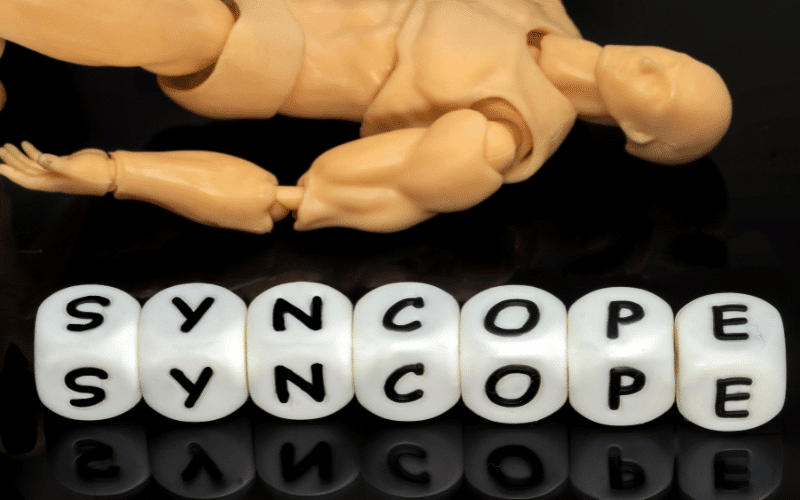Symptom 8. Dizziness or Fainting: The Hidden Dangers of Restrictive Cardiomyopathy

Restrictive cardiomyopathy does not just manifest through physical changes or discomfort; it also has neurological effects, one of which is dizziness or fainting. When the heart’s pumping efficiency decreases, the brain may not receive an adequate supply of oxygen. This inadequate oxygen supply may result in episodes of dizziness, lightheadedness, or even fainting, technically known as syncope.
Syncope can be an alarming experience, but what lies beneath this symptom can be more concerning. When the brain doesn’t receive enough oxygen, even for a short while, it can cause temporary loss of consciousness, resulting in fainting. In some severe cases, syncope can lead to falls, accidents, or injuries, depending on where and when the fainting episode occurs. Hence, the potential dangers of syncope extend beyond the physiological effects of RCM.
On the other hand, dizziness, though it might not seem as severe as fainting, can significantly affect a person’s quality of life. It can make routine activities like standing, walking, or even sitting, feel unstable and challenging. It may also lead to a fear of falling or moving, further impacting daily routines and independence.
Understanding and recognizing these symptoms is the first step towards managing them. People with RCM should be aware of their limitations and take necessary precautions, such as avoiding sudden movements, taking rest when needed, and keeping themselves hydrated. It’s also crucial monitoring the progression of the disease to avoid the possible complications. (8)